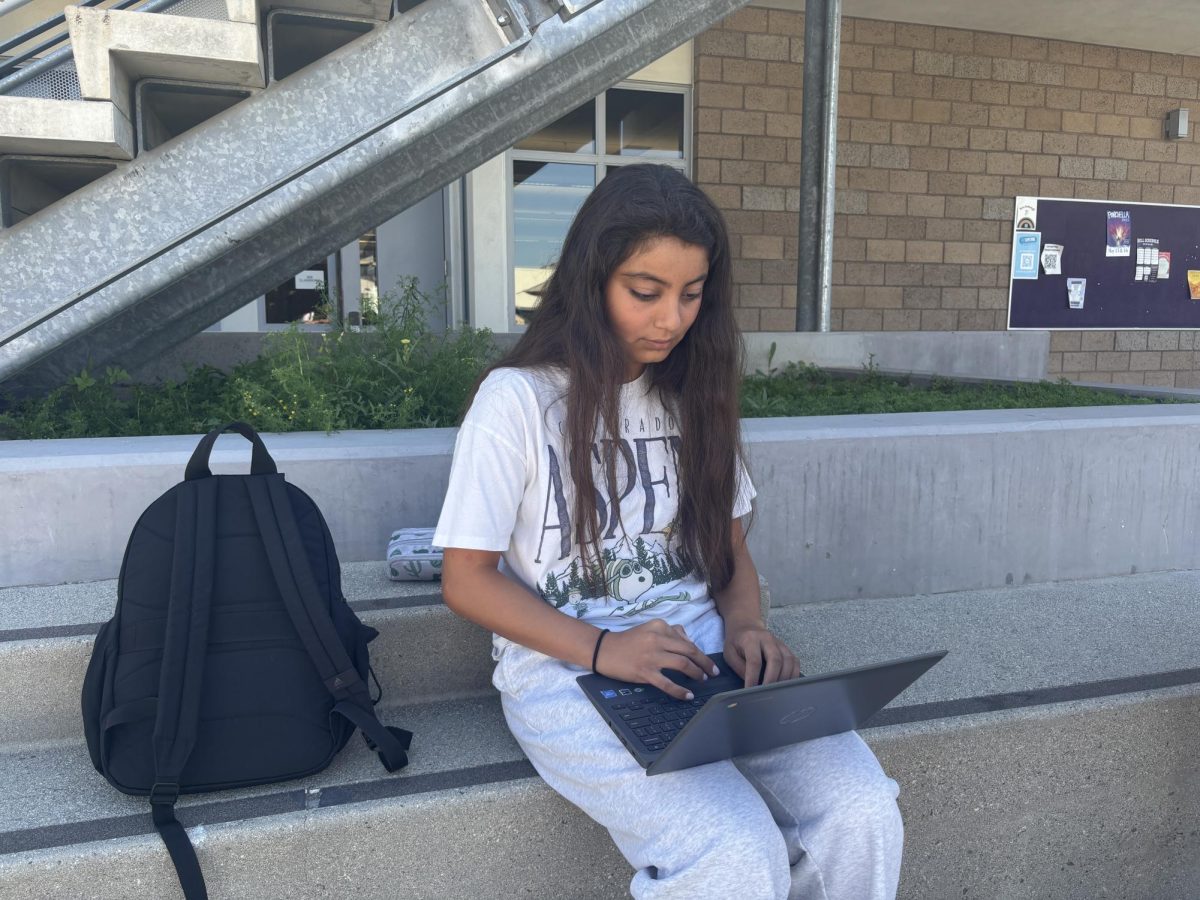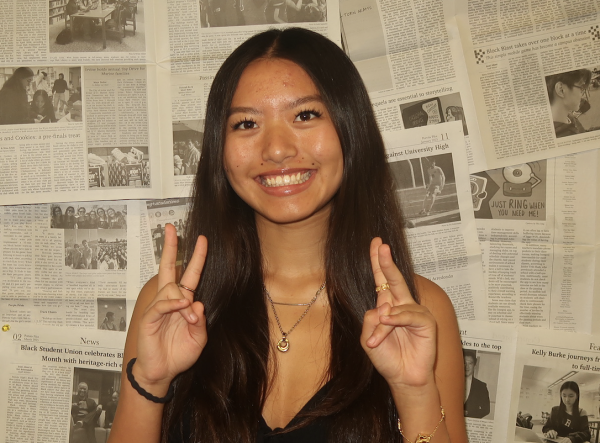With Advanced Placement (AP) exam testing in full swing, students prepare to tackle two weeks of rigorous exams. For many, this means weeks of preparation and countless hours of review to master everything they have learned during the school year, with the help of diverse studying methods.
For AP Physics 1 and AP Pre-Calculus student and junior Emma Saighani-Mirbaz, preparation is all about balance and efficiency. For each subject, she structures her studying by unit, alternating between review and practice to maximize her long-term retention.
“It’s good to review notes for about 20-30 minutes max and then practice problems after to reinforce what you learned, then discover your weak spots to go back and learn more of,” Saighani-Mirbaz said.
To stay on track, Saighani-Mirbaz began studying a month before her exam. She uses a range of study tools, including unit hyperdocs, AP Classroom and practice quizzes, as well as ChatGPT to generate practice problems.
Meanwhile, AP Pre-Calculus student and sophomore Lochlann Hung believes strategic studying stems from reviewing immediately after the lesson is given.
“I found that reviewing everything can be really ineffective for me,” Hung said. “When I have to take in everything throughout the year again, it’s harder for me to concentrate on what’s actually hard for me.”
Hung used feedback from his recent End-Of-Course exam as a diagnostic tool to gain insight into what he needed to study the most. Instead of reviewing each topic from the very beginning, he focused his time on specific units that challenged him the most, allowing for more efficient studying. Hung also looks up YouTube videos online with in-depth reviews for each unit to help him in certain areas that he struggles with.
Elizabeth Wu, a senior taking AP Biology, AP Calculus BC, AP Government and AP Language & Composition, started studying for her AP exams in mid-April since most of the content for her classes had concluded. While studying, she focuses on one subject at a time.
“I typically study whatever subject is coming up next. For example, if I had Calculus tomorrow, I would only study calc today,” Wu said.
To study, Wu watches a lot of Heimler’s History, a YouTube channel that covers content from various AP History subjects. For AP Calculus and AP Biology, she utilizes practice problems to gain an understanding of what may be tested.
“Trying to successfully complete the FRQs without [frustration] is sometimes difficult,” Saighani-Mirbaz said. “I’ll usually try to snack on something or remind myself that after the FRQ, the study block is over and I can take a break.”




